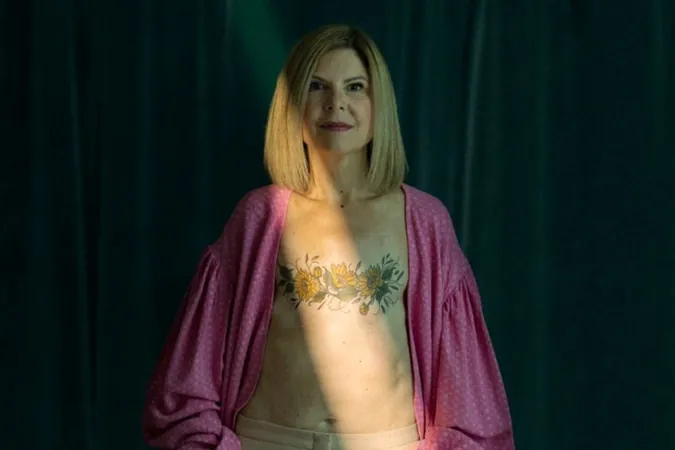
Kim MacDonald's Inspiring Journey: Transforming Trauma into Empowerment with Her Mastectomy Tattoo
2024-09-27
Introduction
You might recognize her face from national ads, bus wraps across Canada, or even from a glimmering billboard at the bustling Yonge-Dundas Square in Toronto. Kim MacDonald, a seasoned broadcaster at The Weather Network, is more than just a public figure; she is a resilient breast cancer survivor and a devoted spokesperson for Breast Cancer Canada. In an empowering move, she has chosen to showcase her double mastectomy tattoo, a poignant tribute to her journey filled with hurdles and triumphs.
The Luncheon of Hope
During her keynote address at the Luncheon of Hope fundraising event held on September 24, MacDonald shared the profound meaning behind her mastectomy scar, now adorned with a vibrant tattoo of sunflowers. This annual gathering, the 26th hosted by the Northern Cancer Foundation, has raised over $1.1 million for cancer care and research at the Shirley and Jim Fielding Northeast Cancer Centre, aiming to add another $60,000 this year.
A Transformative Decision
After undergoing a double mastectomy in 2017, MacDonald was advised by her oncologist to delay reconstructive surgery due to the aggressive nature of her cancer, which raised concerns about its potential return. Embracing this decision, MacDonald remained flat, ultimately leading to a transformative moment five years later when she decided to cover her scars with art. The sunflower tattoo symbolizes strength and resilience, echoing the phrase: “Be the sunflower, stand tall and follow the sun.”
The Diagnosis and Treatment
Upon her diagnosis of Stage 2b Invasive Ductal Carcinoma at the age of 48, MacDonald noticed troubling signs even before her formal diagnosis—her right breast was hard, red, and experiencing retraction of the nipple. The sizable tumor, about the size of a baseball, required aggressive chemotherapy that successfully shrank it prior to her mastectomy. Her journey became more challenging with HER2+ breast cancer, leading to the placement of a port for Herceptin injections—a critical medication that has significantly improved her survival chances since its availability in Canada in the early 2000s.
Advocacy for Early Detection
MacDonald emphasizes the crucial message of early detection, highlighting that mammograms have become more accessible for women in their 40s in Ontario. "Breast cancer can be curable if it's found early enough," she noted. With a stark contrast between survival rates of Stage 0 and Stage 4 cancers, she advocates for regular screenings and awareness, stressing that breast cancer can impact any woman, regardless of age.
Empowering Others
Her bravery extends beyond her own journey; MacDonald encourages fellow survivors to voice their experiences and spread awareness. She recounted some of her darkest moments during chemotherapy when she found herself weak and uncertain but eventually emerged stronger. "In your darkest days, be brave, find your voice, and speak up. You never know how it can help you or someone else," she urged.
Advancements in Research
At the Luncheon of Hope, Dr. Abhenil Mittal, a medical oncologist in Sudbury, addressed the audience about the incredible advances in breast cancer research, noting that breast cancer mortality rates have dropped by over 50% since the 1990s. With 90% of women diagnosed with breast cancer surviving beyond five years thanks to improved surgical techniques and treatment methods, the strides made are a testament to collaborative research and invaluable community support.
Conclusion
As MacDonald's story continues to resonate, her message is clear: by embracing vulnerability and displayed scars, she is playing a pivotal role in changing the narrative around breast cancer, encouraging others to celebrate their strength and share their journeys.
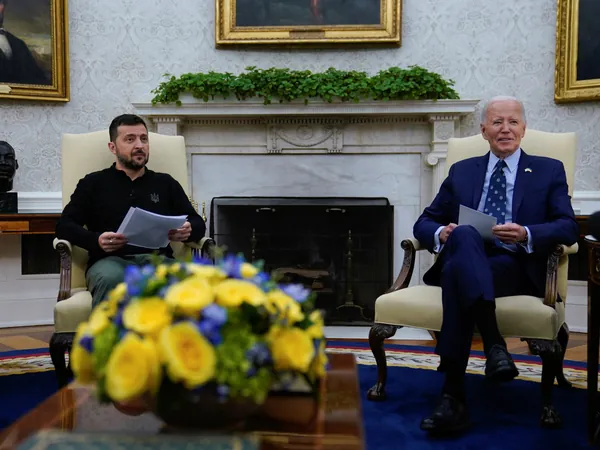
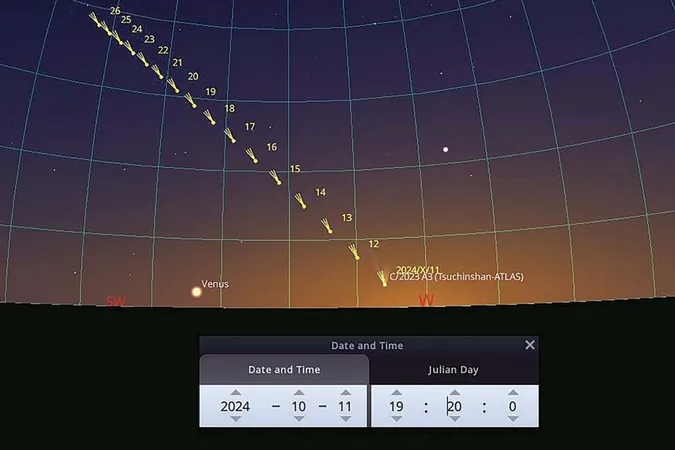


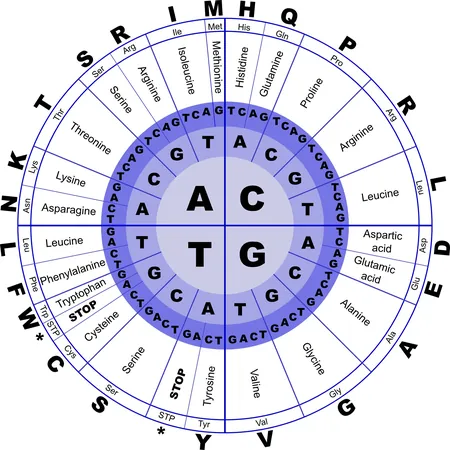

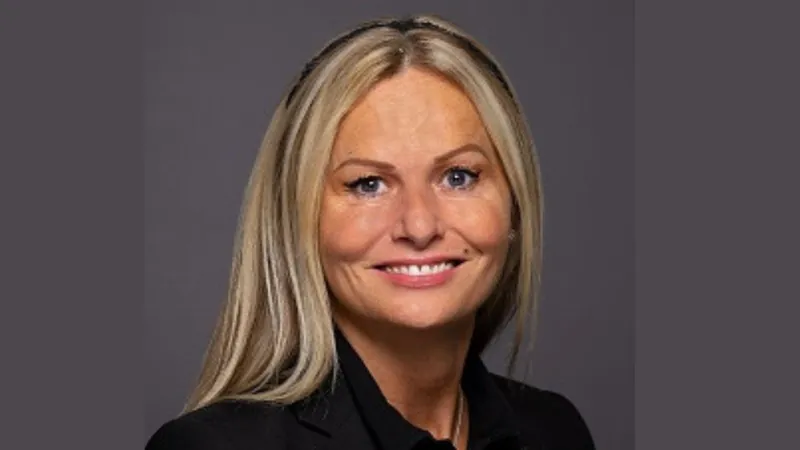


 Brasil (PT)
Brasil (PT)
 Canada (EN)
Canada (EN)
 Chile (ES)
Chile (ES)
 España (ES)
España (ES)
 France (FR)
France (FR)
 Hong Kong (EN)
Hong Kong (EN)
 Italia (IT)
Italia (IT)
 日本 (JA)
日本 (JA)
 Magyarország (HU)
Magyarország (HU)
 Norge (NO)
Norge (NO)
 Polska (PL)
Polska (PL)
 Schweiz (DE)
Schweiz (DE)
 Singapore (EN)
Singapore (EN)
 Sverige (SV)
Sverige (SV)
 Suomi (FI)
Suomi (FI)
 Türkiye (TR)
Türkiye (TR)